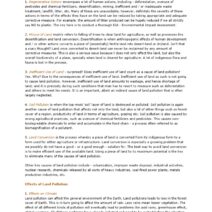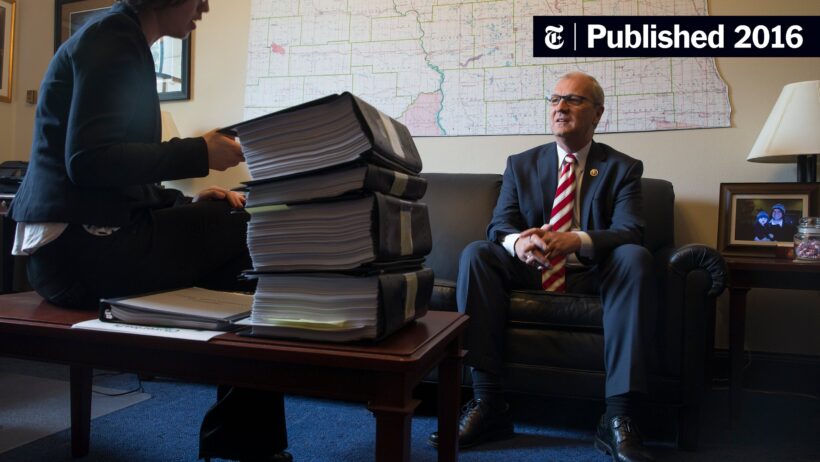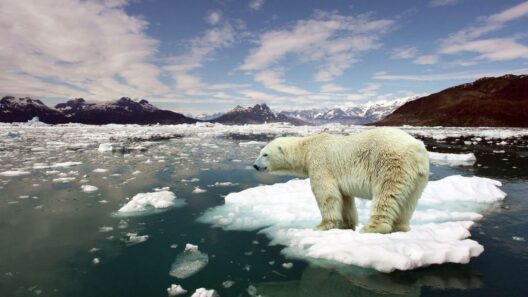Donald Trump’s views on climate change have been a polarizing topic, eliciting passionate responses from climate advocates and critics alike. Central to this discourse is the question: does Donald Trump believe in global warming? An exploration of his public statements, policy decisions, and the overarching influence of political narratives provides insight into this complex issue.
Initially, it is imperative to recognize that Trump’s stance on climate change has evolved. While he has previously expressed skepticism regarding the phenomenon, his assertions both affirming and denying the reality of global warming are interspersed throughout his political career. Early in his public life, Trump claimed that climate change was a hoax perpetuated by the Chinese to undermine American industry. Such statements fundamentally underscore a propensity towards dismissal of scientific consensus regarding climate change.
However, to label Trump as a simple denier would be reductive. His climate stance often fluctuates under the influence of political exigencies and public sentiment. In the realm of political infrastructure, he has addressed climate-related issues in a manner that aligns with the interests of his base, which traditionally prioritizes economic growth over environmental concerns. His administration’s decisions to withdraw from the Paris Agreement in 2017 epitomized this approach. This landmark international accord was designed to mitigate climate change globally, but Trump decried it as disadvantageous to the United States, arguing that it harmed US economic interests and jobs.
Moreover, during his presidency, Trump appointed several individuals to key environmental positions who share his skepticism regarding climate change. Figures such as Scott Pruitt, former head of the Environmental Protection Agency (EPA), actively rolled back numerous regulations designed to curb greenhouse gas emissions. The administration’s efforts to dismantle policies such as the Clean Power Plan demonstrated a clear preference for deregulation and a commitment to fossil fuel exploitation over climate action.
Trump’s rhetoric surrounding climate initiatives often centers around phrases promoting economic vitality and energy independence. By advocating for the controversial extraction methods of oil and gas industries, he has positioned himself as a proponent of traditional energy sectors while simultaneously sidestepping the pressing implications of energy-related carbon emissions. This presents a dichotomy: on one hand, he pushes for economic development, while on the other, he neglects the environmental ramifications tied to fossil fuel reliance.
As an influential figure within the Republican Party, Trump’s views resonate with a larger faction that possesses a critical skepticism toward climate science. This collective belief often manifests as a rejection of climate models and the overwhelming consensus achieved by researchers. Pew Research Center surveys illustrate that a significant proportion of Republican voters express doubts about climate change, a stance that has been bolstered by the rhetoric of party leaders. Trump’s climate discourse fits seamlessly into this broader narrative that prioritizes immediate economic benefits and competition over ecological stability.
However, it is crucial to juxtapose this perspective against the growing body of evidence supporting climate science. Many experts emphasize the catastrophic implications of climate change, including more frequent natural disasters, rising sea levels, and biodiversity loss. Scientific consensus, as represented by organizations such as the Intergovernmental Panel on Climate Change (IPCC), underscores that immediate and robust action is required to mitigate these impacts. This presents an incongruous picture when viewed alongside Trump’s policies, which often favor short-term economic gains over long-term sustainability.
Importantly, Trump’s views on climate change are not monolithic; they are influenced by a myriad of factors, including economic priorities, political ideology, and public opinion. Even amidst significant opposition from environmental groups and advocacy organizations, his positions reflect a broader shift in the political landscape regarding how climate change is addressed in policy. Notably, grassroots movements advocating for climate action have gained traction in recent years, signaling a significant counter-current to the prevailing skepticism showcased by Trump and some within the Republican Party.
Additionally, it is essential to consider the implications of Trump’s climate stance for future governance. Elected officials possess a duty to address climate change effectively, yet political will can often diverge due to differing philosophical beliefs about government intervention, economic management, and environmental stewardship. Future administrations may wrestle with the consequences of previous climate policy decisions. The rollback of established regulations may have lasting effects on emissions reduction and public health initiatives, which highlights the intricate relationship between political decisions and environmental outcomes.
As an environmental activist, it is vital to remain steadfast in advocating for awareness and action. Recognizing the implications of political stances, such as those expressed by Trump, is crucial for framing dialogues about climate change. Engaging communities and voters in discussions about science-based solutions must persist, regardless of which political ideologies emerge in the future.
In summary, Donald Trump’s views on climate change exhibit a complex, multifaceted structure derived from a combination of skepticism, economic focus, and historical context. While his assertions cast doubt on the necessity for aggressive climate action, they also serve as a pivotal focal point for advocacy and dialogue surrounding environmental responsibility. The path forward necessitates perseverance in the pursuit of truth in science and advocacy for policies that prioritize ecological sustainability above short-term economic gains.






